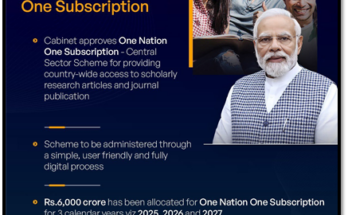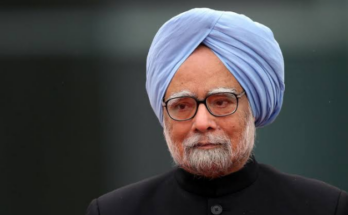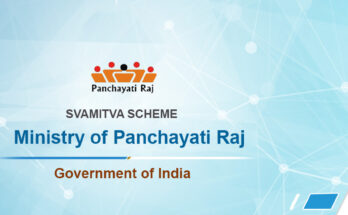Cabinet approves the Atal Mission for Rejuvenation and Urban Transformation – AMRUT 2.0 till 2025-26.
Providing reliable and affordable water supply and sanitation services to urban households is a national priority.
The Union Cabinet, chaired by Prime Minister Shri Narendra Modi, today approved the Atal Mission for Rejuvenation and Urban Transformation 2.0 (AMRUT 2.0) till 2025-26, as a step towards AatmaNirbhar Bharat and with aim of making the cities ‘water secure’ and ‘self-sustainable through circular economy of water. The cabinet understands that providing reliable and affordable water supply and sanitation services to urban households is a national priority. This will be achieved by providing functional tap connections to all households, undertaking water source conservation/ augmentation, rejuvenation of water bodies and wells, recycle/re-use of treated used water and rainwater harvesting. The project shall lead to ease of living by providing piped water supply and sewerage/septage facility to urban households.
Taking forward the remarkable strides made under AMRUT, AMRUT 2.0, targets universal coverage of water supply by providing household tap connections in all 4,378 statutory towns. 100% coverage of household sewerage/ septage management in 500 AMRUT cities is another objective. Mission targets to provide 2.68 crore tap connections and 2.64 crore sewer/ septage connections to achieve the intended outcomes.
The total indicative outlay for AMRUT 2.0 is ₹ 2,77,000 crore including the central share of ₹76,760 crores for five years from FY 2021-22 to FY 2025-26.
The mission will be monitored on a robust technology-based portal. The projects will be geo-tagged. There will be an endeavour to make it a paperless Mission. Cities will assess their water sources, consumption, future requirement and water losses through a city water balance plan. Based on this, city water action plans will be prepared which will be summed up as State Water Action Plan and will be approved by the Ministry of Housing and Urban affairs. The funds for the projects will be shared by the Centre, State and ULBs. Central funds will be released to the States in three tranches based on allocation to the State as per State Water Action Plan.
Other key features of AMRUT 2.0 (U) include Pey Jal Survekshan which will encourage competition among cities for benchmarking urban water services. Mission will also encourage the mobilization of market finance by mandating the implementation of 10% of the worth of projects in cities with populations above ten lakh through Public-Private Participation. Mission will also bring in the leading technologies in the water sector in the world through technology sub-Mission. Entrepreneurs/ start-ups will be encouraged in the water ecosystem. Information Education and Communication (IEC) campaign will be undertaken to spread awareness among the masses about water conservation.
Mission has a reform agenda focussed on the financial health and water security of ULBs. Meeting 20% of water demand through recycled water, reducing non-revenue water to less than 20% and rejuvenation of water bodies are major water-related reforms. Reforms on property tax, user charges and enhancing creditworthiness of ULBs are other important reforms. ULBs will be rewarded with incentives for accomplishing the reforms.



